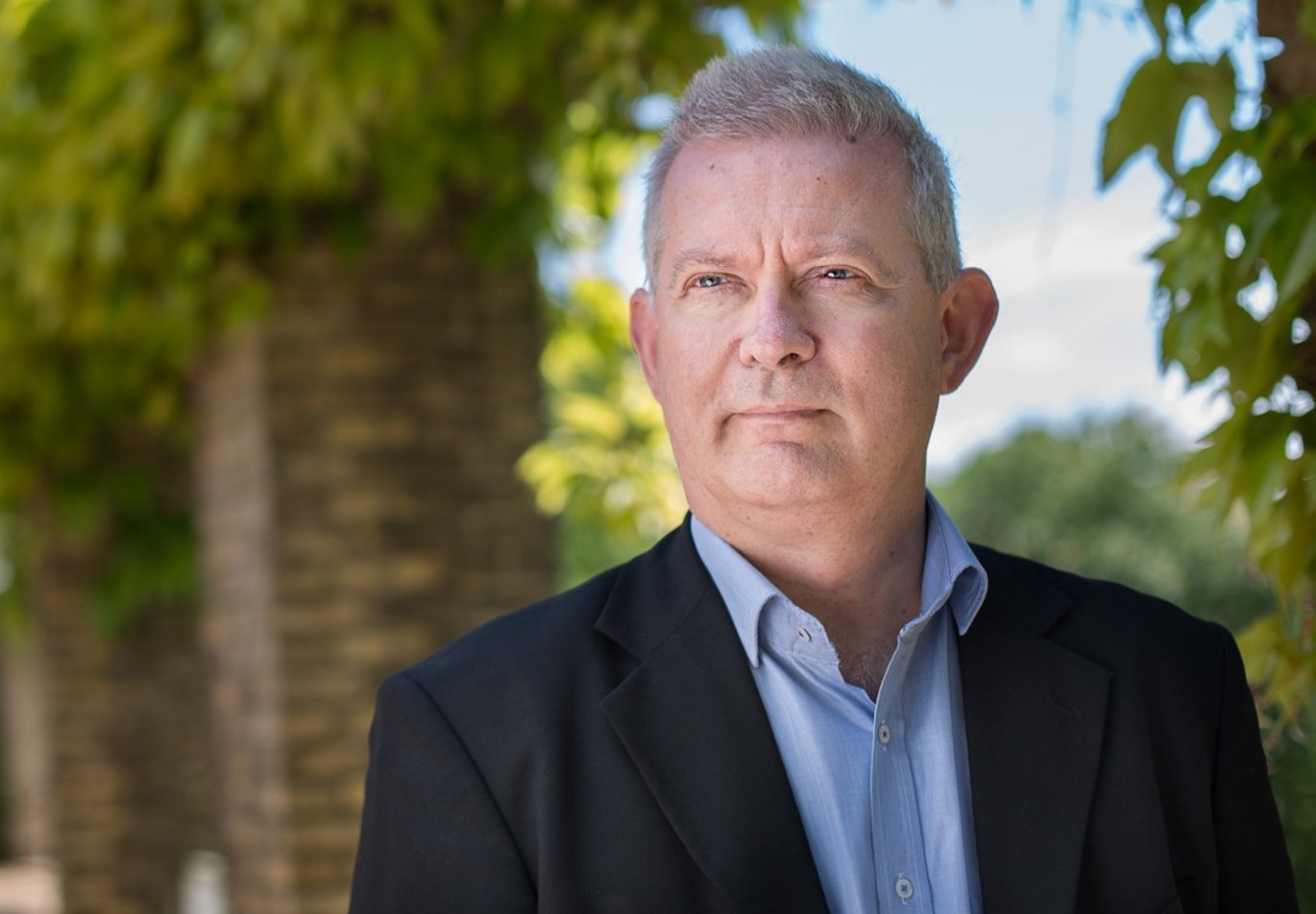Interview with dekan Johnny Laursen: AU seeks influence on the Danish Horizon 2020 priorities
Denmark has a strong influence on Horizon 2020. And we have powerful allied partners in the programme committees, says dean Johnny Laursen. Johnny Laursen sits as a national expert in the EU’s programme committee for 'Europe in a Changing World - Inclusive, Innovative and Reflective Societies’, which is one of the themes of Horizon 2020’s Societal Challenges.

What Does a Programme Committee Do? The European Commission has set up a number of programme committees. E.g., there is a programme committee for each of the seven societal challenges of Horizon 2020. The programme committees provide inputs to the European Commission on the various Horizon 2020 sub-programmes. The committees consist of representatives from the member states, including Denmark, and from countries associated with Horizon 2020. Their task is to ensure the quality of the programmes and to approve the work programmes before the calls for proposals are published.But to what extent are the committees able to influence the programmes?
Work Programmes Need Approval from the Committees
Johnny Laursen believes that the committee on which he sits has a strong influence on the programme, as the European Commission must seek the committee’s approval of the H2020 work programmes. 'Europe in a changing world - Inclusive, Innovative and Reflective Societies' focuses on the humanities, on innovation and international cooperation, and on social-science questions. The committee discusses e.g. challenges and priorities within the programme. One of the priorities of the committee is to see an increase in interdisciplinary research projects”, Johnny Laursen says. "We have a number of discussions on how to integrate the humanities and the social sciences in all the work programmes.
Unfortunately, the number of such projects has dropped slightly, and we are therefore eager to introduce new initiatives that will strengthen the integration of the two disciplines. We believe that such an integration can provide more nuanced responses to the challenges of our society', Johnny Larsen explains.
Danish Influence
The Danish work on Horizon 2020 programmes is an extensive, democratic and consensus-driven process.
Before he meets with the programme committee, Johnny Laursen consults the national reference group for this societal challenge to pick up knowledge and inputs.
The national reference groups are created by the Danish Agency for Research and Education and represents the universities and other stakeholders.
The representatives from Aarhus University receive their inputs from the inter-faculty expert groups, which were set up by the university's research committee (UFFE) at the launch of Horizon 2020. The national reference groups pass on suggestions to the members of the programme committees. In this way, they help to qualify and justify their work on the committees.
Denmark is known for its diversified and professional way of involving stakeholders at all levels.
And that means a lot to our reliability and to our influence when we discuss the work programmes in the committees", Johnny Laursen says. He continues: "In other words, our system strengthens our influence, and I see very positive interactions with the Commission when it comes to ideas and inputs from Denmark.
This applies both to the general viewpoints from the committee meetings and to the written proposal that we submit during the preparation of the work programmes'.
Strong Allied Partners
Denmark works closely with especially Germany, the UK and France on the programme committee for 'Europe in a Changing World - Inclusive, Innovative and Reflective Societies'.
Additionally, Denmark forms part of a group of active countries together with Ireland, the Netherlands, Spain and Austria. "These countries have highly skilled representatives and government officials who are experts in their field.
They have continuity and therefore, they (and we) are able to exert quite a large influence.
This becomes important at our meetings where dialogic persuasion and excellent arguments really count.
And of course also when we provide written inputs to the wording of the work programmes," the dean says.
EU Funds are More than Just Money
Johnny Laursen believes that AU researchers perform well in the competition for EU funds. However, he would like to see an even greater number of Danish scientists among the applicants: 'As managers we need to draw up a long-term strategy. Of course, it is important that we make the necessary support available to the researchers. And in the management we agree that we should not only take a quantitative approach. Participating in EU's research programmes is about so much more than money. It means a lot to AU that we are part of networks and that we strengthen our international collaboration so that we become noticeable and gain influence.
At ARTS we see a link between network participation and EU proposals. And that produces positive results'.
A Few Words of Advice from the Dean
- Make sure you read the early drafts of the work programmes - that will enable you to begin the application process at an early stage
- Participate in international networks - and use them when preparing proposals
- Build strong consortia and project organisations
- Build interdisciplinary proposal teams, e.g. from the humanities and social sciences
- Write proposals that deal with societal challenges.
Additional Information
If you want a list of the Danish members of the committees and groups, as well as of the university's own expert groups, you can find it here.
If you wish to receive a draft version of the work programmes for 2018-20, contact one of the fundraisers in Research Support Office. You can find their contact details here.